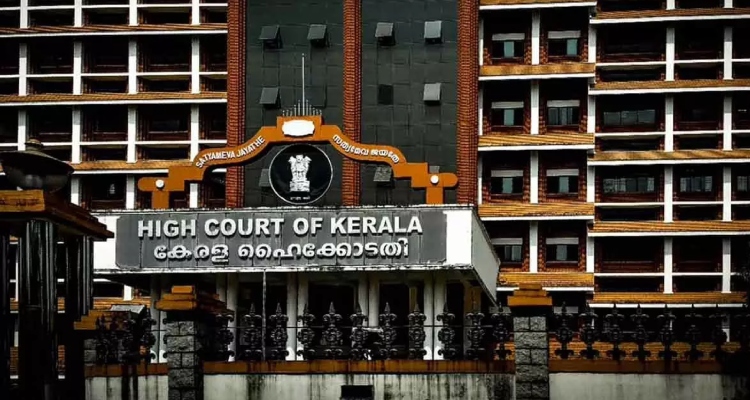
The Kerala High Court recently affirmed that the freedom of speech and expression granted to the press must not infringe upon an individual’s right to dignity, reputation, and privacy, especially in the context of criminal investigations or ongoing legal proceedings.
This ruling was delivered by a unanimous 5-judge bench, comprising Justices AK Jayasankaran Nambiar, Kauser Edappagath, Mohammed Nias CP, CS Sudha, and Syam Kumar VM.
The court emphasized that media freedom does not grant the press the authority to act as investigators, prosecutors, or judges. The bench stated, “Media freedom is not a license to interfere with the justice delivery system.”
It underscored that restrictions on media reporting during criminal trials are permissible to safeguard the integrity of the judicial process and protect the rights of the accused.
Addressing the scope of media freedom, the court recognized that while this freedom can only be limited by laws enacted by the legislature, it must respect individuals’ right to privacy and adhere to the principle of separation of powers. This principle ensures that only judicial authorities can make definitive judgments regarding guilt or innocence.
The ruling highlighted that while the media possesses a constitutional right to report on pending criminal trials and investigations, any false, derogatory, or unprofessional reporting that jeopardizes a fair trial or infringes upon the dignity or privacy of involved parties would not be protected under the Constitution’s guarantees. Such reporting, the court stated, could lead to legal action against the media.
The bench urged the media to recognize its societal responsibilities and self-regulate to avoid overstepping into the judicial domain, emphasizing the need to prevent “media trials” that portray suspects or accused individuals as guilty or innocent prior to a court verdict.
This practice, the court noted, represents a significant violation of the rights to a fair trial guaranteed by the Constitution and interferes with the administration of justice.
The court further asserted that any media expression of definitive opinions on the guilt or innocence of parties involved in criminal investigations, before an official ruling is made, would not be protected under Article 19(1)(a) of the Constitution, which pertains to freedom of speech and expression.
This declaration was deemed necessary to guide the media in responsibly exercising its right to report on criminal cases, ensuring that fundamental rights are respected and protected. The bench concluded that adherence to these principles would foster a new era of responsible journalism, reducing instances of fundamental rights violations in society.




